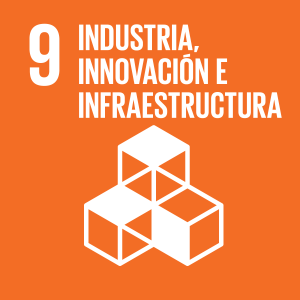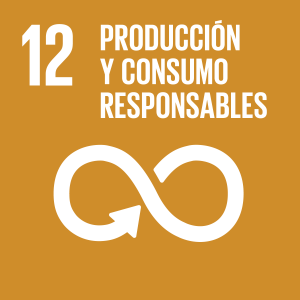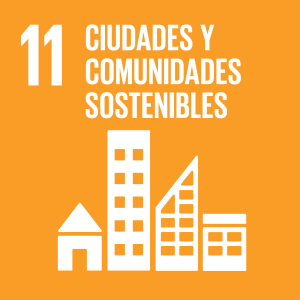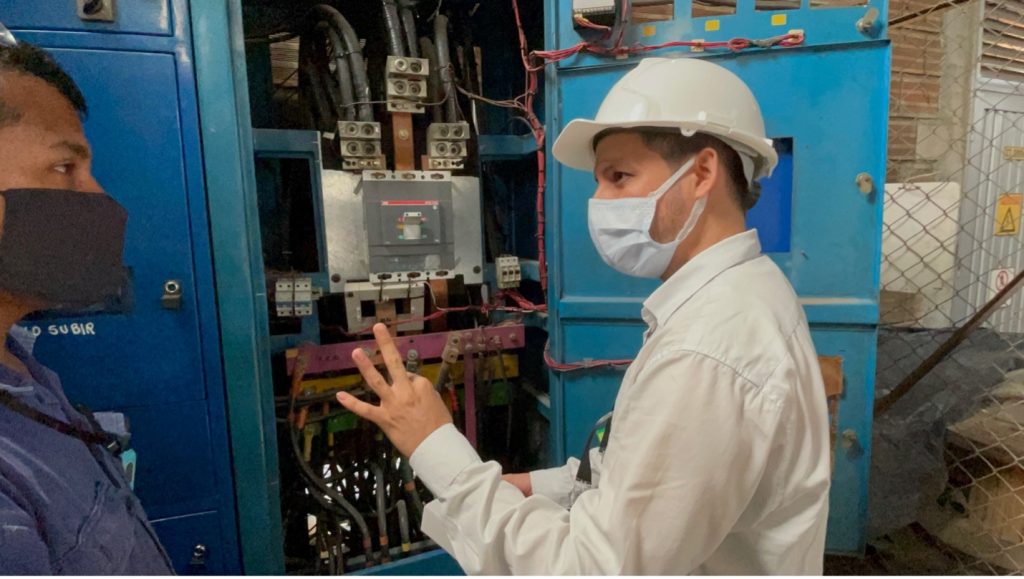
Environmental sustainability and energy efficiency pose new challenges for large industries. Electrical efficiency is one of the issues that the manufacturing sector pays attention to because a large amount of energy and threads require to be efficient for a good operation. Based on this, the case study of the power quality monitoring system and method for press No. 4 in the company Aluminios de Colombia S.A. is presented.
This company uses 4 presses of different sizes to extrude aluminum profiles, press No. 4 is the largest, which is the object of study. These presses use a lot of energy to convert cylindrical aluminum ingots into profiles for doors and windows, this press consists of 4 motors that exert sufficient force through a matrix that gives the final shape to the aluminum.
All energy is measured through the main box, which contains all the motors and equipment necessary for proper operation. A basic energy meter is used, it delivers for three lines the values of voltage, current, power factor, among others. The company’s average consumption exceeds 250,000 kW/month. This translates to an electric energy charge of over USD $30,000/month.
The company assigned a person specifically for the daily measurement to monitor the energy and thus make production decisions, with these values the efficiency of the press 4 was analyzed every month, however it was unknown when and what was the real problem that caused the team inefficiency. This means that if they had a problem with the power of the press, they had to be constantly measuring with a person in charge exclusively taking notes of the values such as undervoltages, overvoltages, interruptions, etc. On the other hand, the company wants to know the alternatives it has to improve the equipment and the quality of energy without investing months and a lot of money for a consulting study.
Due to all these challenges, the developed solution consists of a real-time power quality monitoring system. The system integrates a series of sensors to measure more than 40 variables, such as phase-to-phase voltage, current, power factor, harmonics up to 32, among others, configured to monitor power quality connected to a wireless communication module that has a microcontroller and an algorithm specially developed for power quality control through automatic machine learning. The sensor was plugged into the electrical rack of the press. Installation and configuration took a week. Then the system connected and started the analysis automatically. All data is ended to end encrypted, this data was sent over the 4G-3G cellular network (also available in LoRaWan and Wifi) as it was the best and easiest technology available at that time.

Additionally, the connection module includes a microcontroller that receives all the measurements and through the algorithm allows to monitor any change occurred in real time of the entire equipment. With these data, a report is automatically created that shows values of overvoltages, undervoltages, voltage and current harmonics, frequency, voltage and current imbalances, short and long interruptions, power factor and the analysis of saving potential, as well as CO2 emitted and the estimate of CO2 not emitted if a solution based on the platform’s recommendations were implemented. Finally, the report displays a ROI analysis based on the best recommended alternative to implement based on real-time data analysis. This means that the company could make decisions in real time while making its improvements in production.
In the study, the result was obtained based on the measured data of a potential energy saving of 25,253 kW or $3,000 dollars per month.
As a result, Aluminios de Colomba will be able to perform predictive maintenance on their equipment, which allows them to save time, energy, money and avoid generating CO2e.
